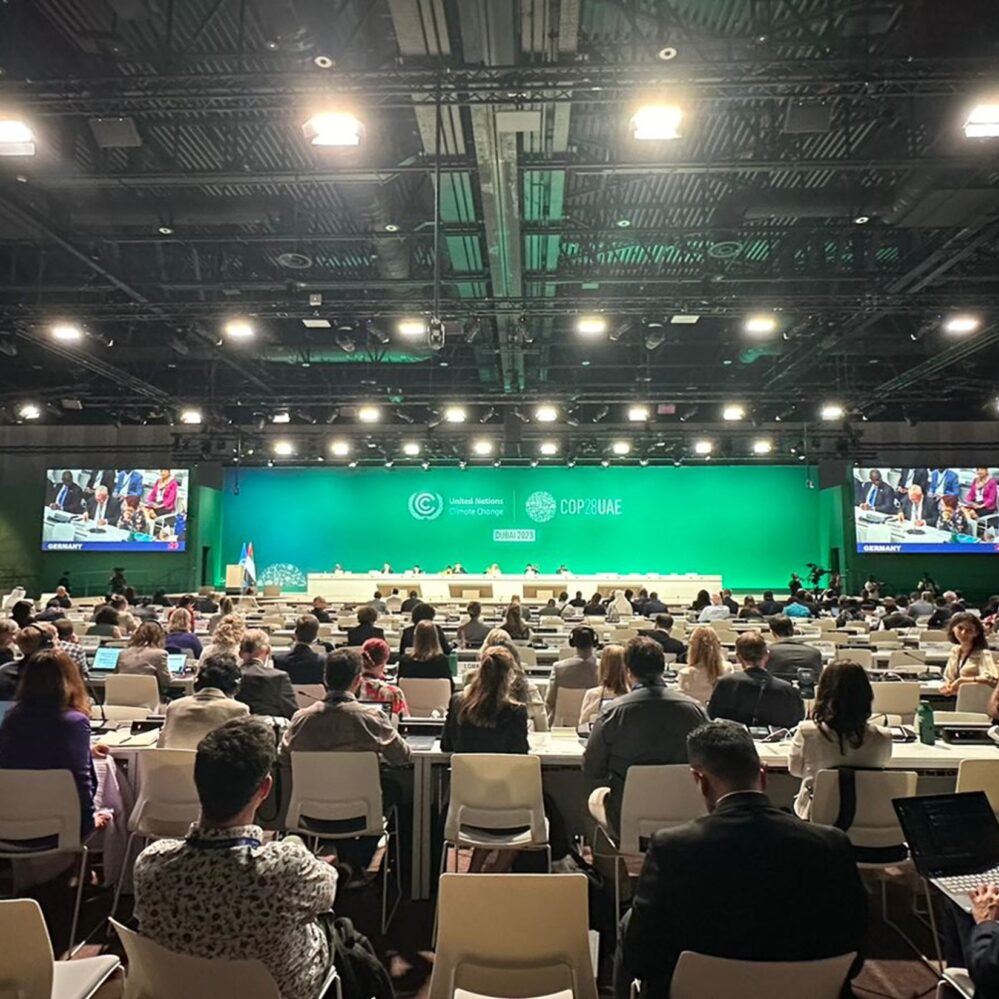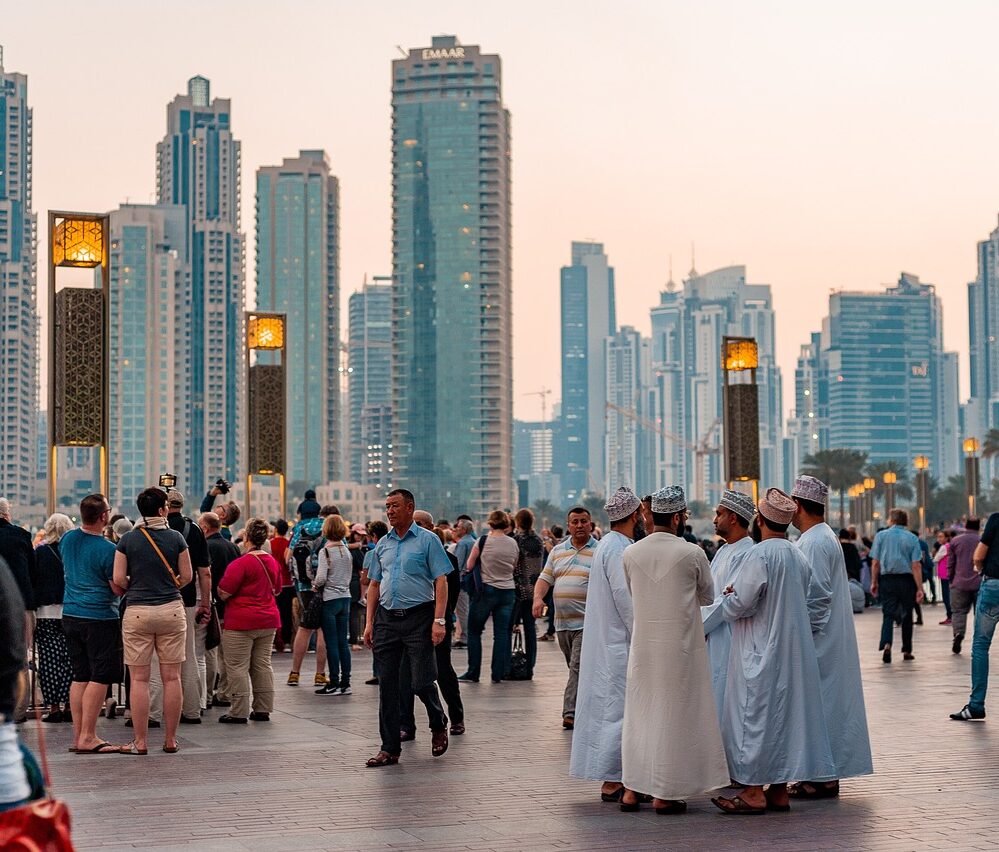The UNFCCC COP28 and CBD COP15 Presidencies brought together governments and leaders across society at a ministerial roundtable to discuss the importance, challenges, and opportunities in adopting a synergetic approach in the design and implementation of national climate and biodiversity plans and strategies.
The event was co-organized by the COP28 Presidency, CBD COP15 Presidency, NDC Partnership, NBSAP Accelerator Partnership, UN Climate Change High-level Champions, and the UN CBD Action Agenda Champion.
This is a pivotal point for both climate and biodiversity agendas, as countries submit revised National Biodiversity Strategies and Action Plans (NBSAPs) in advance of CBD COP16 in 2024, and new Nationally Determined Contributions (NDCs) at COP30 in response to the Global Stocktake (GST) at COP28.
As countries undertake setting these new goals in place, there is an imperative to ensure that they are designed to maximize positive synergies across climate, biodiversity and land-use action while minimizing negative trade-offs. The focus was on the two instruments – NDCs and NBSAPs – that have been agreed upon by the Parties in the UNFCCC and the UN CBD.
The Ministerial was chaired by Razan Al Mubarak High-Level Champion, COP28 and Manuel Pulgar-Vidal, Action Agenda Champion, Convention on Biological Diversity.
The Executive Secretaries of the UNFCCC and UN CBD, Inger Anderson, Executive Director, UNEP as well as key Ministers, civil society groups and others present stressed the importance of urgency and scale implementation is needed now.
ICLEI Deputy Secretary General Kobie Brand, representing the Local Governments and Municipal Authorities (LGMA) Constituency, emphasized the need to include multilevel governance processes in climate and biodiversity agendas pointing out that the contributions that subnational governments can make to bolster national ambitions and targets: “We call on Parties, under the leadership of the COP28 Presidency, to state clearly and explicitly in the Global Stocktake Outcome texts, the need to advance multilevel action in the new NDCs towards 2025. Let us make history here at COP28 towards 2030, by not only setting humanity on course for a net-zero climate future but also a nature positive world. Our subnational community is ready to work with you all to achieve this.”
Read the full intervention from the LGMA here.
The Joint Statement on Climate, Nature and People, launched at the Ministerial, references subnational authorities as part of the “whole-of-society approach in the synergetic planning and implementation of national climate, biodiversity and land restoration plans and strategies.”
Subnational governments have a pivotal role to play in ensuring that these synergies are manifested in locally integrated plans and actions on the ground, aligned with national strategies and global goals. Being at the frontlines of the climate and biodiversity crises, cities and regions are well aware of the advantages of taking this integrated approach to enhance resilience and improve sustainable land management.
The joint statement also affirms a commitment to ensuring the full, equitable, inclusive and effective representation and participation of indigenous peoples, local communities, women, girls, youth and other vulnerable communities in the planning and implementation of climate and biodiversity plans and strategies at all levels. By fostering inclusivity, and adopting a people-centred and human rights-based approach, cities and regions can better address sustainability challenges and improve the overall quality of life for all residents.
Read the full statement here.
Jordan Harris, Executive Director of Regions4, who attended the Ministerial, said in reaction to the statement, “The COP28 joint statement on climate nature and people, bringing together the UNFCCC and CBD with an influential group of key parties, is a powerful signal that there is no pathway to a net zero and resilient future that does not pass through nature positivity. Likewise there is no path forward that does not pass through territories. At Regions4 we see clearly how subnational governments, including cities, states, and regions, are providing compelling leadership, and real solutions integrating the climate and biodiversity agendas.”
This defining engagement concluded with a sense of shared commitment and enthusiasm towards fostering stronger synergies, integration and alignment in the planning and implementation of national climate, biodiversity and land restoration plans and strategies.
The goal is that the Ministerial establishes a shared intention of collaboration amongst leading international country-led climate, biodiversity and land-use initiatives towards CBD COP16 and UNFCCC COP30.
ICLEI’s Cities Biodiversity Center came to COP28 with ten key messages on cities, nature and biodiversity, and the interlinkages with climate change, to support the work of subnational governments.
Photo by COP28 / Mark Field





